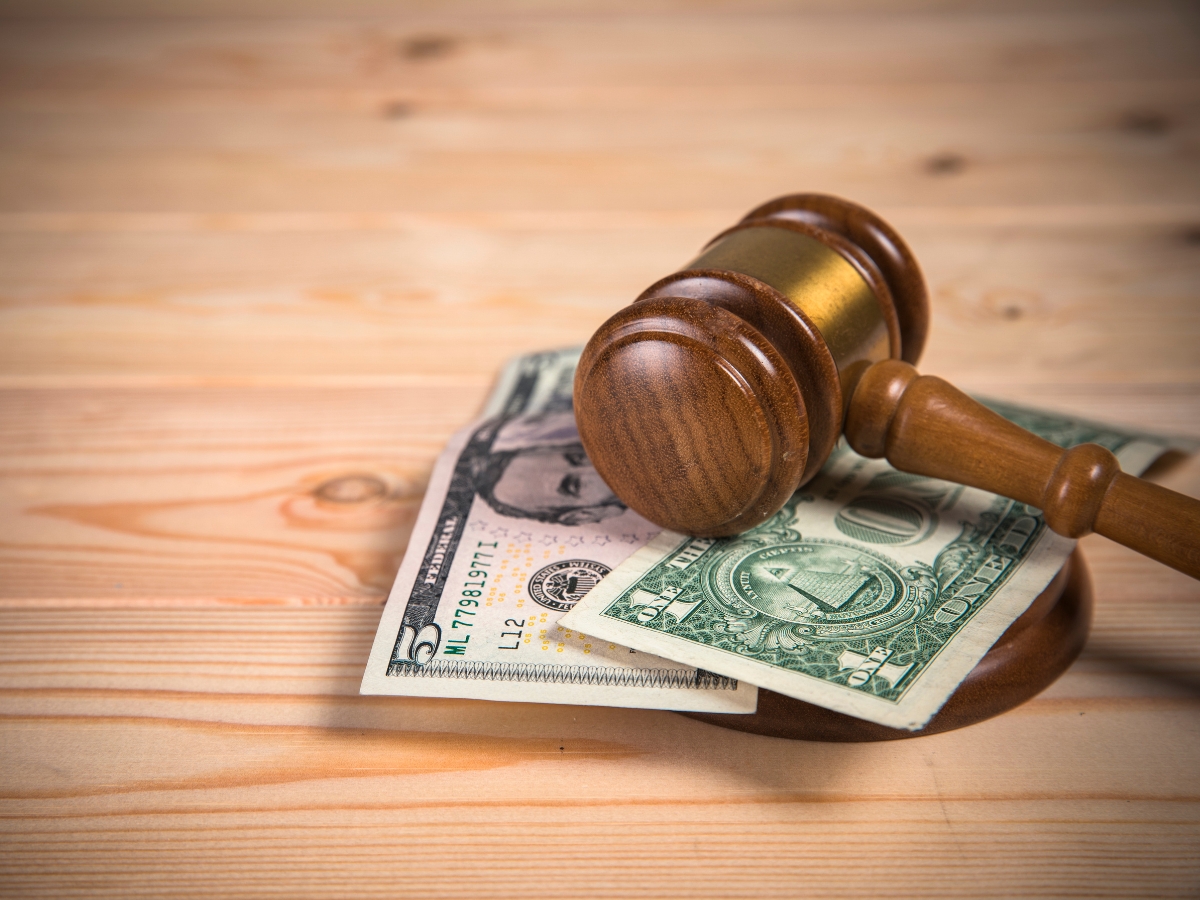Can You Go to Jail for Not Paying Taxes in Mississippi
When it comes to taxes, most people grapple with the intricacies of filing, paying, and staying compliant. But what happens if you don’t pay your taxes? Can you go to jail for not paying taxes? Like most legal matters, the answer depends on your case’s specifics. While failure to pay taxes doesn’t always lead to…




